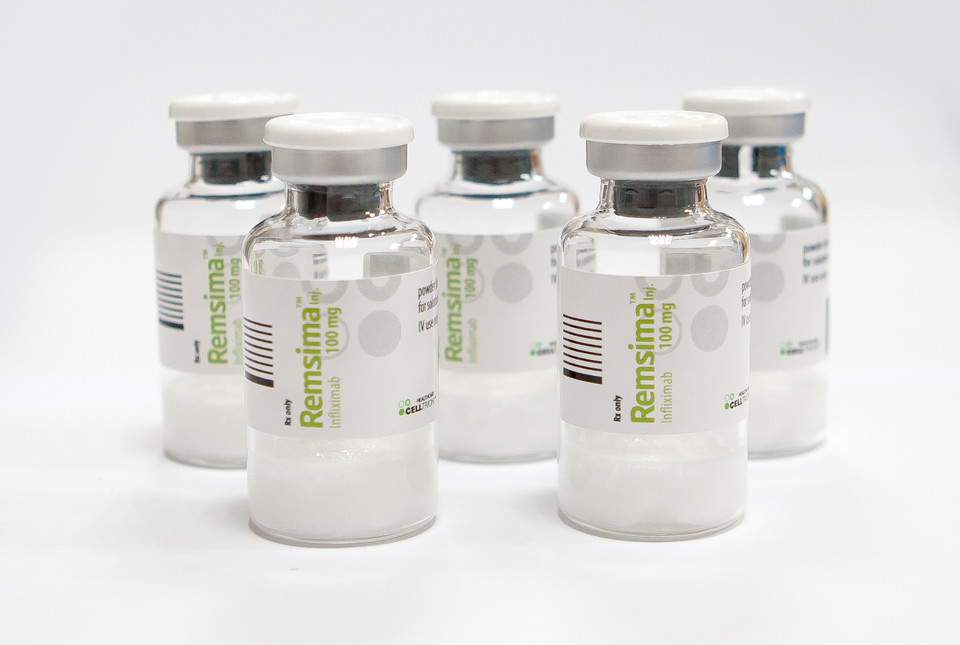 |
Celltrion's biosimilar infliximab Remsima vials (Celltrion) |
Celltrion Healthcare, Korean biosimilar giant Celltrion’s sales unit, announced that the company has won the Brazilian Federal Government’s bid to supply biosimilar infliximab Remsima for the third consecutive year.
Under its contract with the Brazilian government, Celltrion Healthcare will ship out all 360,000 vials of Remsima during the first half of 2024, the company said.
Celltrion Healthcare is currently the sole infliximab provider for the Brazilian government, whose supply of Celltrion’s Remsima accounts for around 60 percent in the country's infliximab market, the company added.
Celltrion Healthcare expects Remsima’s market share in the Brazilian infliximab market to reach some 80 percent in total, when its Remsima sales to other local governments and private health providers are included.
Earlier in February, Celltrion Healthcare won bids from 12 states in Brazil to supply Remsima. The company is also providing Remsima in the private sector too.
While providing Remsima to Brazil, the company is also in search of measures to increase sales of Remsima SC, the world's first subcutaneous version of biosimilar infliximab, in the country.
“Remsima SC was launched in July this year, and the company has already embarked on discussions with the Brazilian government to include Remsima SC in its future bids,” an official from the company said.
Backed by the latest deal and a potential increase in sales of Remsima SC, Celltrion Healthcare has cast a positive outlook for its sales in Brazil.
Annual sales of Celltrion Healthcare’s regional office in Brazil came to 49.7 billion won ($37.6 million) in 2021, but the figure jumped to 124.3 billion won in 2022. As of the third quarter this year, the regional office posted 104.3 billion won already, according to the company.
“Celltrion Healthcare has been continuing its efforts to increase its market share in the Brazilian market, one of the major markets in South America,” an official from the company said. “The company will do its best for successful launches of other biosimilar products in the region.”







![[Today’s K-pop] Blackpink’s Jennie, Lisa invited to Coachella as solo acts](http://res.heraldm.com/phpwas/restmb_idxmake.php?idx=644&simg=/content/image/2024/11/21/20241121050099_0.jpg)